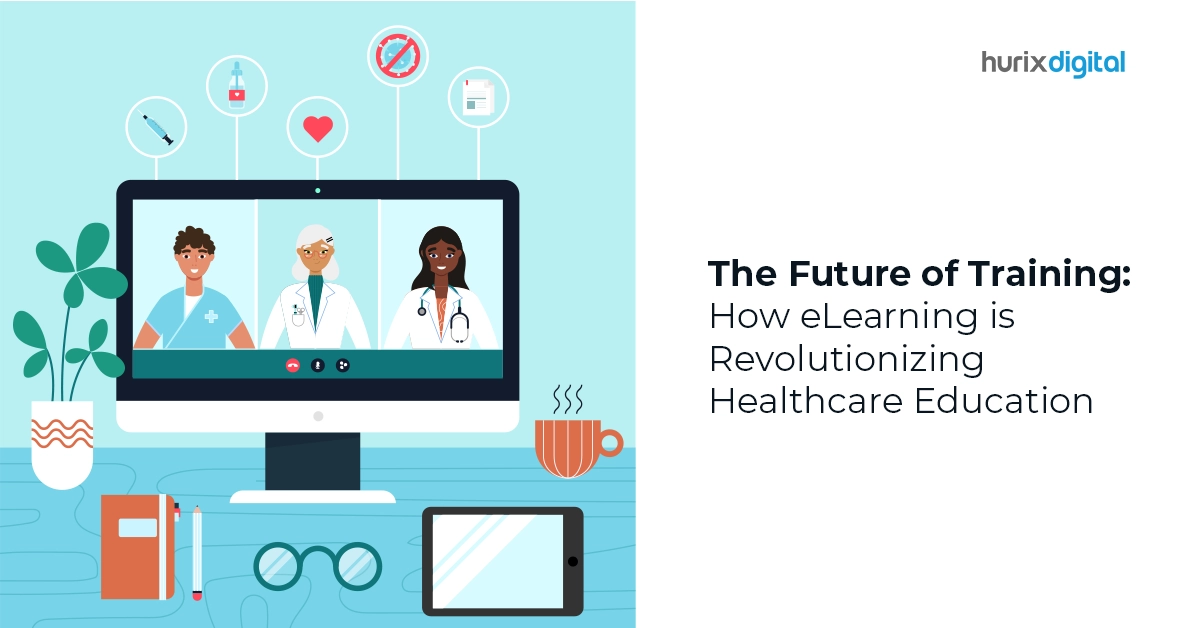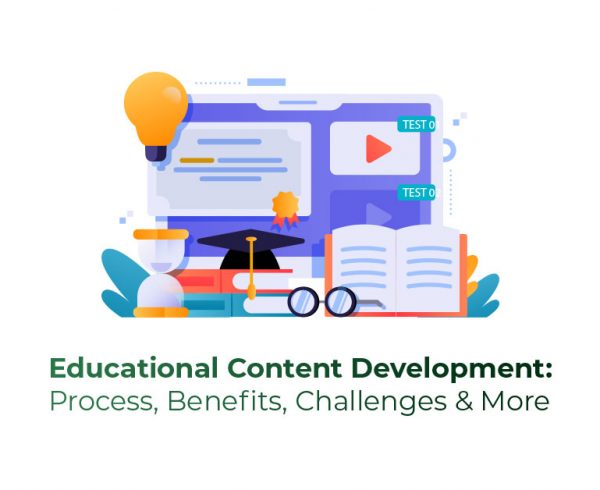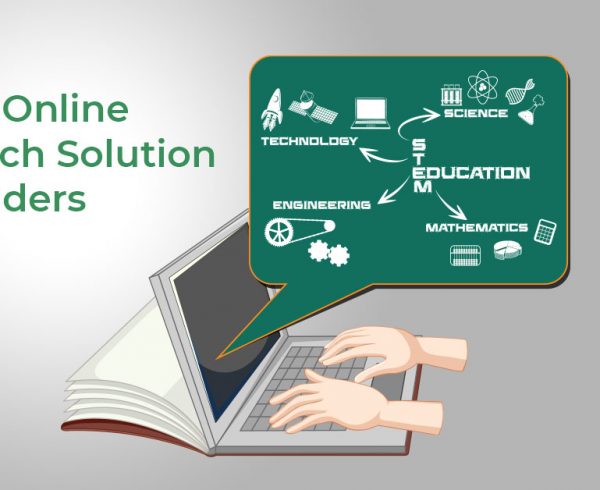Summary
The blog emphasizes the importance of preparing K-12 students for higher education success. It presents 11 strategies focusing on holistic development, including extracurricular activities, community work, skill courses, career planning, interactive classrooms, internships, and many more.
Did you know that around 60% of high school graduates aren’t really equipped for college-level work? Additionally, surveys have shown that students in grades 3-5 in the K-8 setting underperform compared to students enrolled in stand-alone elementary schools. What this means is that K-12 education isn’t primed for academic success. This ultimately affects the type of higher education students get once they graduate from K-12.
Table of Contents:
- Top 11 Ways to Prepare K-12 Students for Higher Education:
1. Encourage extracurricular hobbies
2. Provide opportunities for organizing family events
3. Introduce them to community work
4. Let them travel solo
5. Enroll them in skill development courses
6. Help them Prepare a Career Roadmap
7. Create a curriculum that focuses on the future
8. Collaborate with local businesses for summer internships
9. Make classroom interactions more active and engaging
10. Promote engagement in global events
11. Offer extracurricular courses and programs - Conclusion
Preparing K-12 students for higher education involves a holistic approach that encompasses both academic and non-academic aspects. Here are some key strategies to consider:
Top 11 Ways to Prepare K-12 Students for Higher Education
1. Encourage extracurricular hobbies
Inculcating hobbies and interests beyond academics can help students become more aware of the world and learn new skills that can come of use in college.
For example, a hobby like stamp collecting can inculcate skills like research, attention to detail, an eye for design, awareness about world history/geography/culture, etc.
Or, you could give them access to a virtual science lab or science-based video games where they can hone their observation, experimentation, and analysis skills.
2. Provide opportunities for organizing family events
Allowing students in K-12 to help organize family events can allow them to put their existing skills to use while discovering latent ones.
Planning, organization, patience, critical thinking, etc., are some of the skills that are needed to organize events. These are skills transferrable to college and jobs too.
3. Introduce them to community work
Community and social work can allow K-12 kids to gain important people skills. They’ll also become more empathetic to diversity, which is necessary for today’s global college environment. Plus, it’s a great way to boost the student’s admission resume.
4. Let them travel solo
Just as with community work, travel can help students become more aware of the world they live in. Travel can help them become truly global citizens, ready for higher education abroad, should they wish to pursue that.
5. Enroll them in skill development courses
These days, you have incredible interactive e-learning programs on diverse topics aimed at getting K-12 students ready for higher education. These programs range from foreign languages to stock market trading to UX design to artificial intelligence.
They are designed according to state-of-the-art standards and have rigorous assessments that test both soft and technical skills. Consult your child’s school if they offer such programs to students.
6. Help them Prepare Career Roadmap
The first thing schools can do to get their K-12 learners ready for higher education is to check what higher education institutions expect from applicants.
What skills and experiences must applicants have?
What factors might set an applicant apart from the rest during the admission process?
How can applicants thrive in the competitive collegiate setting?
Schools must sit down with each student, find out what they might want to study after school, and help them plan their choice of classes and extracurricular activities accordingly.
They must provide students with the facilities and amenities they need to become higher-education-ready.
7. Create a curriculum that focuses on the future
Post-K-12 higher education focuses on the real-world implementation of academics. This is why schools should focus on creating a K-12 curriculum which supports holistic education and skill development.
This curriculum should not only help students get into the college of their choice, but it must help them learn skills that they can use at work in the future.
It’s important for schools to keep in touch with developments across various industries and update their curriculum to reflect these changes.
8. Collaborate with local businesses for summer internships
In addition to changing curricula based on industry needs, schools should also partner with local businesses to create opportunities for summer internships.
That way, what K-12 students learn in the classroom can be applied in a job setting, giving them real-world experience. This can prove invaluable for higher education applications by helping students stand out amidst their peers.
9. Make classroom interactions more active and engaging
Having an interactive and engaging classroom environment can help students learn better and retain information for a longer period of time.
For this to happen, first off, teachers must be provided training on how to deliver engaging sessions. This can be easily done by opting for e-learning programs geared towards teacher upskilling and development.
Second, students should be given classroom activities to enliven their learning. Taking advantage of technology can help here.
For example, students can be asked to download lesson-specific e-learning programs that offer entertaining and interesting assessments they can do in class. Instead of talk-based lectures, they can be shown slides, videos, infographics, etc., on a projector screen in the classroom. Schools can even take students on virtual field trips to the places they are discussing – quite literally bringing their lessons to life.
Such versatile ways of training teachers and teaching students can be achieved by implementing robust content distribution platforms in schools.
10. Promote engagement in global events
Every city, state, and country offers a variety of activities aimed at K-12 age groups. From spelling bees to mathletes to track and field, there are plenty of events that students can pursue when in school. Not only do these events give students global awareness and opportunities to develop unique skills, but they can also boost their college resumes post-K-12.
11. Offer extracurricular courses and programs
Finally, schools should offer enriching courses and programs that are designed to help supplement the school curriculum.
This could be a beginner’s course in cryptocurrency for students interested in taking up finance or computer science in college. Or, it could be a workshop in news writing or public speaking for students interested in journalism and media. The sky is the limit.
Conclusion
The great news is that it’s very easy for schools to offer relevant programs to their students these days. All you need to do is choose the right content distribution system that can allow you to share content customized to different learner groups.
That’s where Hurix comes in.
Hurix is a state-of-the-art content distribution system that supports multi-type content, which can be easily uploaded and shared with diverse audience groups across various platforms.
Schools can create different content playlists for each grade in K-12 and even have sub-playlists for specific skill types or areas of interest. That way, your students can be given the most versatile training, which will equip them with the unique skills, knowledge, and experiences that will help them thrive in their higher education.
The IPR and DRM features of Hurix ensure that any proprietary curriculum possessed by schools remains safe from prying eyes. Additionally, apart from student e-learning, Hurix can be used to provide teacher upskilling, which is essential to get K-12 students ready for higher education.











